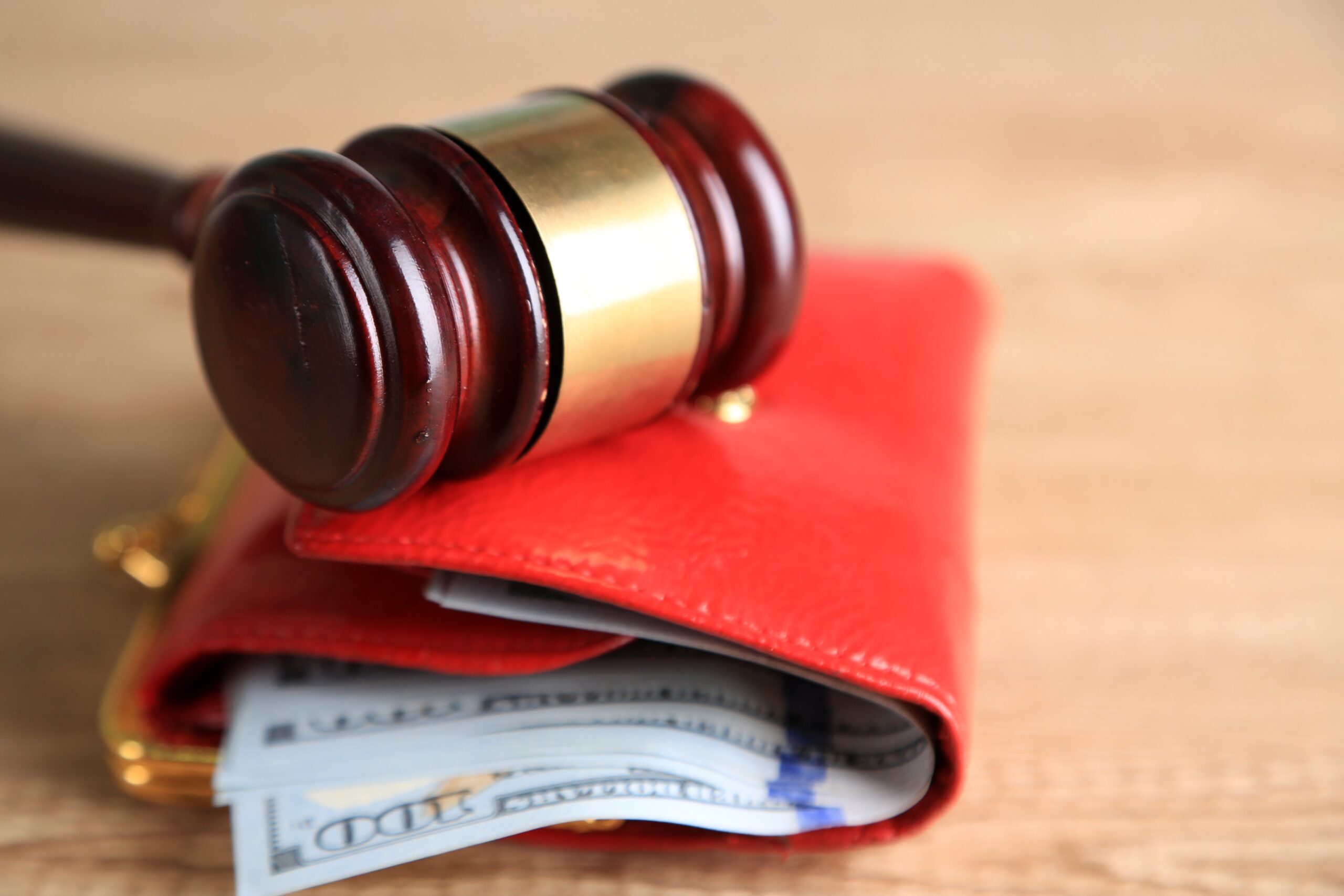
The bonding process helps society run more smoothly. Bonds help ensure that managers complete projects and that businesses operate ethically.
In the case of a court bond, the bonding process is designed to ensure that you will fulfill your legal responsibilities.
If you need a court bond, here are three important facts you’ll want to know before you get bonded.
#1: Court Bonds Do Not Protect You; They Protect Others
Unlike insurance which protects the insured, a court bond does not protect the one who secures the bond. Rather, court bonds are like insurance for others, paid by you.
The main difference is that a Judicial Bond promises payment of sum of money that would be required in a court case, while a Fiduciary Bond only promises faithful and honest performance of a duty.
If the surety company has to pay out on a claim, they will come to you for reimbursement. Because of the nature of surety bonds, you are responsible for repaying every penny.
Since there are so many different types of bonds related to the legal system, it’s important to know whether your particular situation requires a bond, and what your obligations under the bond are. When in doubt, contact a bonding agency.
#2: Anyone Can Get a Court Bond
If you are a legal professional, you might seek court bonds for your clients. But you do not need to be a legal professional to get a court bond.
#3: Getting Approved for a Court Bond Depends on your History
To get a court bond, you will need to provide information about your financial circumstances. You’ll work with a bond underwriter who will look at your personal and financial history and the history of the case.
The underwriter will evaluate how risky it is to bond you.
Don’t think you can’t get bonded just because you have bad credit. Every situation is different and we work hard to find the best solution for you.
We work with many different carriers to ensure if there’s a solution, we can find it for you!









